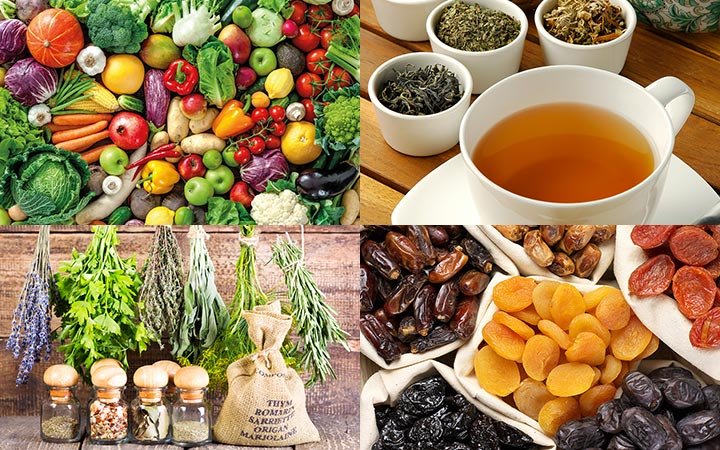Chlorates were formerly used as crop protection agents (total herbicides). For some time now, however, chlorates have not been allowed to be used as pesticides across the EU. Despite this ban, chlorate residues are frequently found in food. The reasons for these findings can be very different. Contamination from the use of chlorinated washing water or irrigation water can be the cause. Furthermore, the absorption of chlorate from soils that are contaminated by industrial influences or from earlier use of chlorate-containing fertilizers cannot be ruled out.
EFSA (European Food Safety Authority) collected data in 2014-2018 to better assess the findings. This showed that the findings vary depending on the product and exceed the standard MRL of 0.01 mg / kg according to the Pesticide Regulation (EG) 396/2005. In a scientific opinion, the authority determined a tolerable daily intake (TDI) of 3 µg / kg body weight per day and an acute reference dose (ARfD) of 36 µg / kg body weight, which should be used for the toxicological assessment of chlorate findings. Based on this toxicological risk assessment, the marketability assessment for products containing chlorate residues has also been carried out in recent years. The member states also agreed on an action plan with various measures, e.g. in the area of drinking water and hygiene in order to reduce the levels.
Regulation (EU) 2020/749 now lays down specific maximum values for chlorate that take into account contamination from the sources mentioned above and would therefore be complied with if good manufacturing practice were followed. These limits apply to all types of goods according to annex I of the Pesticides Regulation (EG) 396/2005. For composite, processed products according to article 20 of this regulation, additional chlorate entries (new entries through the processing of food) can be taken into account. According to footnote (A), the burden of proof for this lies, however, with the food or feed business operator.
Regulation (EU) 2020/749 applies without any transitional regulations from June 28, 2020 and thus retrospectively, also for products that were manufactured or imported to the EU before this date.
According to the Association of Organic Processors, Wholesalers and Retailers (BNN), chlorate findings do not fall within the scope of the BNN orientation value for pesticides. Therefore, only the maximum residue level according to Regulation (EC) 2020/749 is used for the assessment of chlorate findings in products from ecological agriculture. This practice would only be deviated from if the detection of chlorate could be clearly attributed to the use of a chlorate-containing pesticide.
If you have any questions on this subject please contact your personal consultant at GBA Group or contact us
Phone: +49 (0)40 7971721-0
service@gba-group.de

